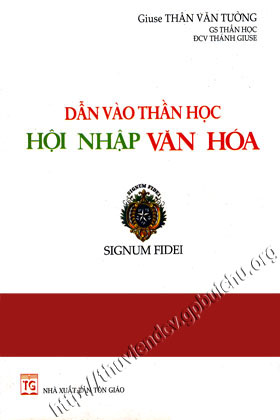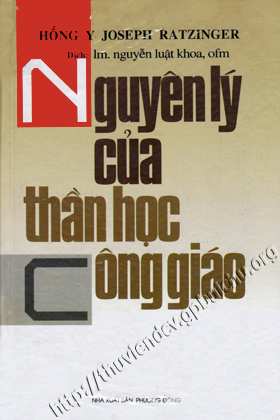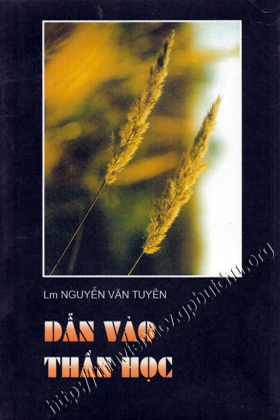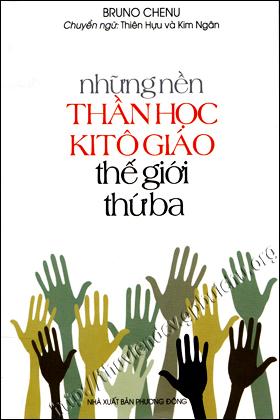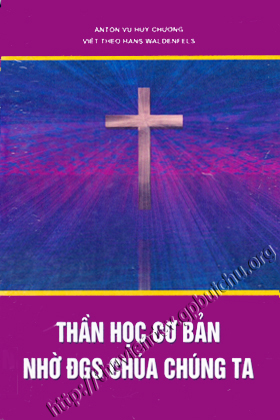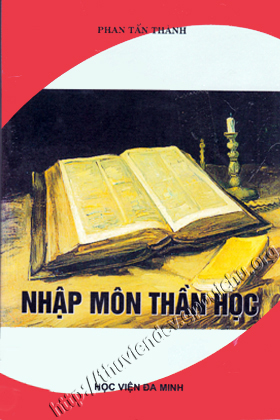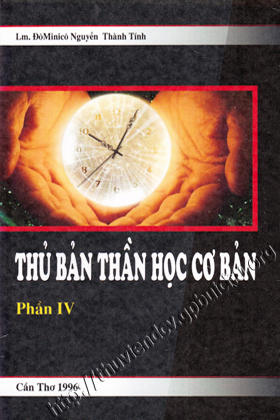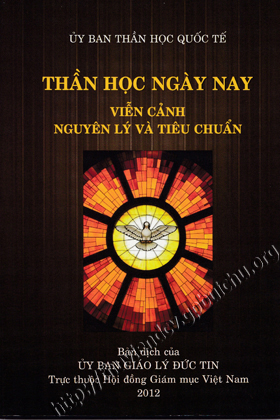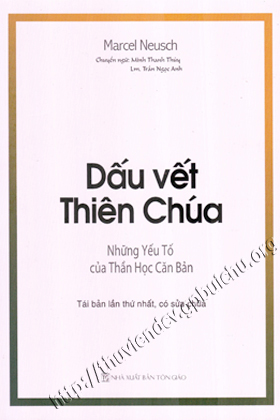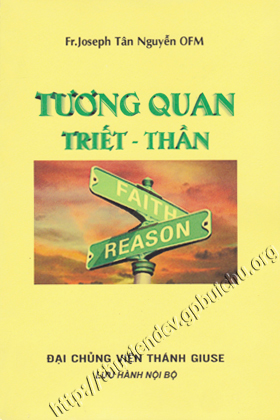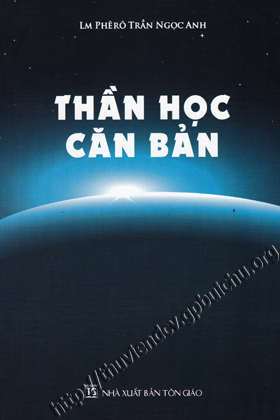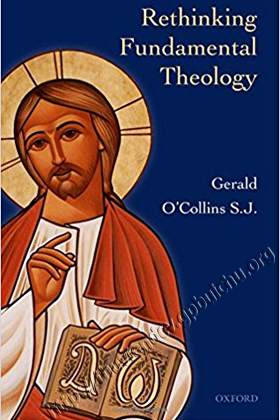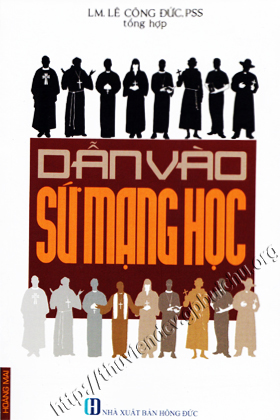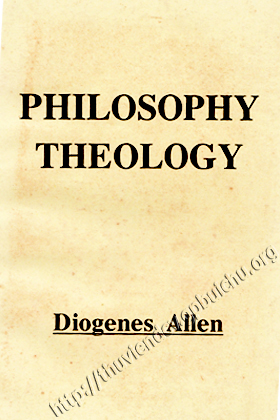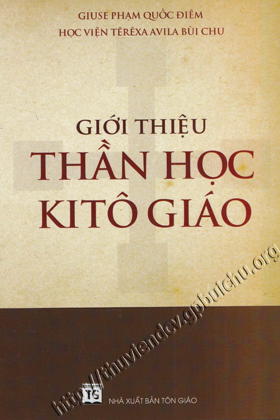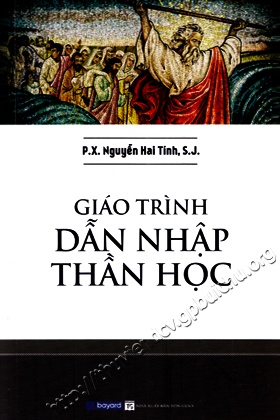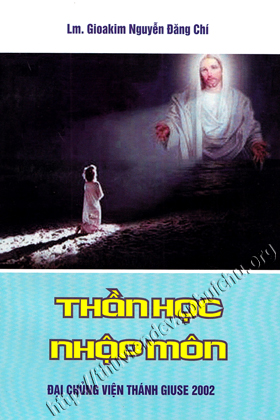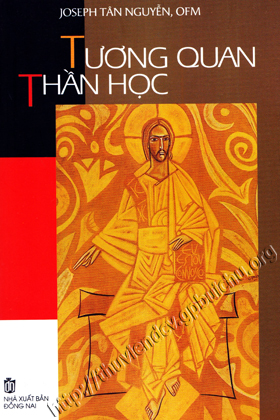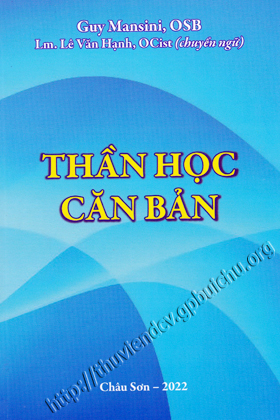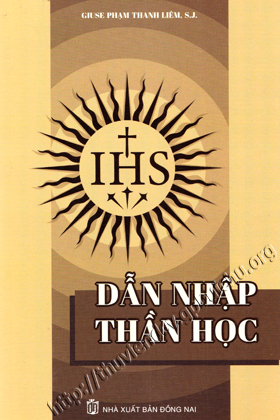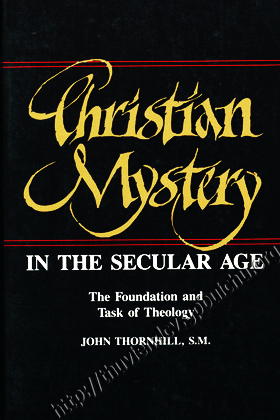
| Christian Mystery in the Secular Age | |
| Phụ đề: | The Foundation and Task of Theology |
| Tác giả: | John Thornhil, S.M |
| Ký hiệu tác giả: |
TH-J |
| DDC: | 230.01 - Nguyên lý thần học Kitô giáo |
| Ngôn ngữ: | Anh |
| Số cuốn: | 1 |
Hiện trạng các bản sách
|
||||||||||||||||
» Thêm vào danh sách tác phẩm yêu thích
| Contents | |
| Foreword | xiii |
| PART ONE | |
| Situating Christian Faith Today | 1 |
| Chapter One | |
| Contemporary Secularization | 3 |
| The Emergence of the Sacralized Culture | 4 |
| From Sacralization to Secularization | 10 |
| An Existential Option | |
| at the Heart of Western Culture | 15 |
| Secularization and Concern for the Transcendent | 22 |
| Chapter Two | |
| The Revolutionary Message of Judeo-Christian FaithThe Impact of Christian Faith on | 33 |
| Humanity’s Dialogical Relationship with God | 34 |
| The Gift of Faith | 39 |
| Faith Overcomes the Ambiguities | |
| of Humanity’s Religious Project | 41 |
| PART TWO | |
| From the Dimensions of Christian Faith | |
| to the Principles of a Sound Theology | 47 |
| A Challenging Question | |
| for Contemporary Theology | 53 |
| Conclusions | 62 |
| Chapter Four | |
| Probing the Full Incarnational Implications | |
| of the Christ-Event | 65 |
| A Flesh-and-Blood Reality | 66 |
| The Story Which Expresses | |
| the Human Existence of Jesus of Nazareth | 68 |
| Conclusions | 73 |
| Chapter Five | |
| An Openness to the Gift of Spirit | .75 |
| Conversion in the Life of the Theologian | 77 |
| A Connaturality with the Divine Mystery | 79 |
| Conclusion | 83 |
| Chapter Six | |
| The Context of the Ecclésial Community | 85 |
| A Truth Which Lives On In Word and Sacrament | 86 |
| The Truth that Rules the Church | 88 |
| The Mind of the Church Provides | |
| the Analogy of Faith as a Criterion | 90 |
| The Interpretation of Authoritative Teaching | 93 |
| Conclusions | 95 |
| Chapter Seven | |
| The Realism of the Christ-Event | 97 |
| Human Language | |
| and the Expression of Divine Truth | 97 |
| The Evaluation of Doctrinal Statements: | |
| The Problem for Contemporary Theology | 101 |
| The Enduring Worth of Doctrinal Statements: | |
| The Contribution of Bernard Lonergan | 103 |
| Conclusions | 113 |
| Chapter Eight | |
| The Essential Message of the Gospel | |
| Embodled in the Christ Event | 115 |
| A Message About God | 118 |
| The -Truth-Itself Which God Is | 120 |
| Key to the Hierarchy of Truths | 121 |
| Conclusions | 123 |
| PART THREE | |
| One Faith, Many Theologies | 125 |
| Chapter Nine | |
| The Origins of Theological Pluralism | 127 |
| The Greatness of the Truth of Faith | 128 |
| The Complexity of the Human Response | |
| to the Gospel Truth | 130 |
| Methodological Principles | |
| Which Shape Particular Theologies | 138 |
| Chapter Ten | |
| The Changing Focus of Existential Concern | 143 |
| From Sacralized to Secularized Cultural Setting The Distinctive Theological Traditions | 144 |
| of the Byzantine and the Latin Churches | 146 |
| Catholic Theology from the Medieval Period | |
| to the Second Vatican Council | 148 |
| The Protestant Tradition | |
| Comes to Terms with Modernity | 152 |
| Protestant and Catholic Traditions | |
| Take Up a Common Task | 157 |
| Locations of Existential Concern | 159 |
| Chapter Eleven | |
| The Structuring Principles of Particular Theologies...The Christ-Event as a Communication | 165 |
| from God to His People | 166 |
| The Christ-Event as Passover | 174 |
| The Christ-Event as Our Salvation | 182 |
| The Christ-Event as | |
| Incarnation of the Eternal Word | 189 |
| The Christ-Event as Gift or Grace | 192 |
| The Christ-Event as | |
| Establishing a New Covenant | 196 |
| The Christ-Event as Assembling | |
| of a People, with Mary as Model | 201 |
| The Christ-Event as Source | |
| of a Sacramental Economy | 207 |
| The Christ-Event as Expression | |
| of God’s Universal Plan | 210 |
| The Christ-Event as Realized | |
| in the One Who Came Among Us as Servant | 213 |
| The Christ-Event as Realization | |
| of the Eschaton,God’s Final Achievement | 216 |
| Chapter Twelve | |
| The Variety of Investigative Principles | |
| Employed by Different Theologies | 223 |
| Technical and Non-Technical Philosophies | 224 |
| Resources Provided by Other Disciplines | 229 |
| Chapter Thirteen | |
| Conclusion | 231 |
| SUPPLEMENTARY TEXTS | 235 |
| Thomas Aquinas | 237 |
| Karl Barth | 239 |
| Martin Luther | 245 |
| Jiirgen Moltmann | 251 |
| Gustavo Gutierrez | 253 |
| Cyril of Alexandria | 255 |
| M.-D. Chenu | 257 |
| Augustine | 260 |
| Karl Rahner | 263 |
| Yves Congar | 267 |
| Henri de Lubac | 271 |
| John Henry Newman | 274 |
| Dietrich Bonhoeffer | 276 |
| Wolfhart Pannenberg | 279 |
| Teilhard de Chardin | 282 |
| Rosemary Radford Ruether | 284 |
| NOTES |




